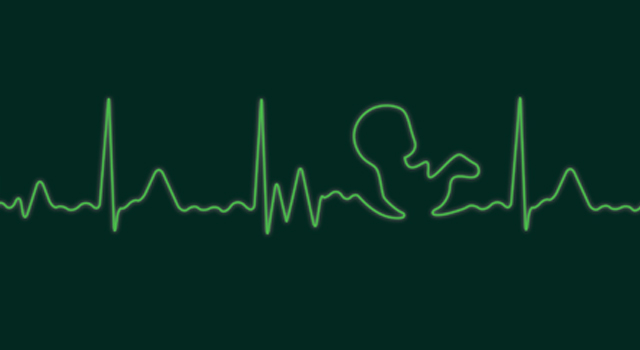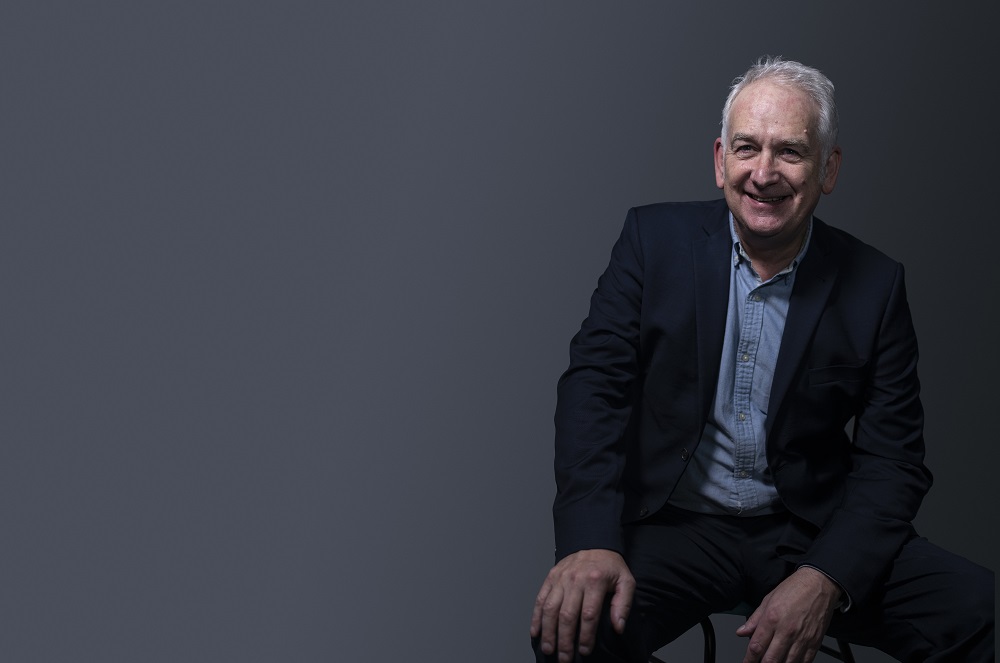
December 4, 2018, by Rob Ounsworth
Safe arrival: Nottingham’s breakthrough in maternal monitoring
Professor Barrie Hayes-Gill’s development of a novel wireless foetal monitoring device that’s being used around the world was recognised at the University’s Knowledge Exchange and Impact Awards 2018.
He received the Vice-Chancellor’s award for Sustained Excellence in Knowledge Exchange.
Professor Shearer West, President and Vice-Chancellor, presented the award and she said: “Professor Hayes-Gill is an outstanding researcher and an inspirational figure. Throughout a distinguished career he has matched a commitment to discovery and flair for building partnerships with a passionate advocacy of our mission to translate world-class innovation into products and applications that change lives.”
A highlight of this remarkable career is his part in the evolution of the foetal monitoring device and the creation of a spin-out company, Monica Healthcare, to develop this ground-breaking technology. The spin-out’s sale, for an undisclosed sum, to the global giant GE Healthcare generated significant revenue for the University and has made the technology available to millions of women and unborn babies.
Back in 1987, Professor Hayes-Gill and his Faculty of Engineering colleague Professor John Crowe wondered whether ECG (electrocardiogram) monitoring could detect foetal heartbeats better than ultrasound, which detects heart movement.

Professor Barrie Hayes-Gill: a passionate advocate of translating world-class innovation into products and applications that change lives
Over the course of the next 30 years, Professor Hayes-Gill and colleagues addressed the challenge of detecting a tiny foetal signal, refining and testing a revolutionary wireless device that allows women to be monitored more comfortably during labour.
Today the Novii Wireless Patch System is used across the world.
“It’s been a very long journey,” said Professor Hayes-Gill. “We eventually had 12 patents, the spin-out, securing venture funding, deciphering the EU’s Medical Devices Directive and navigating entry into the US.”
Read more about this inspirational story in Vision, the University’s research and knowledge exchange magazine.
And look out for our pioneering foetal heart monitoring in Discovery. For the World, a University campaign celebrating the impact of our world-class research on lives across the world. #fortheworld

At Northwick Park CRC we developed a foetal monitor that reported wirelessly via infrared back in the 80s but it never became commercialized.
Hearty congratulations to U of Nottingham for their well deserved prize